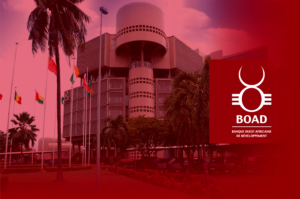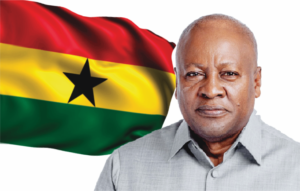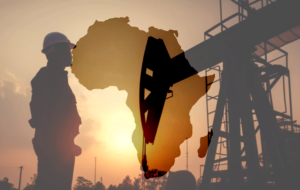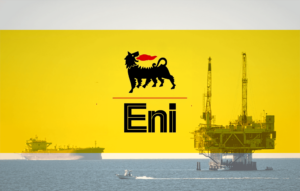Botswana, land of opportunities: from Diamond Wealth to Diversified Futures
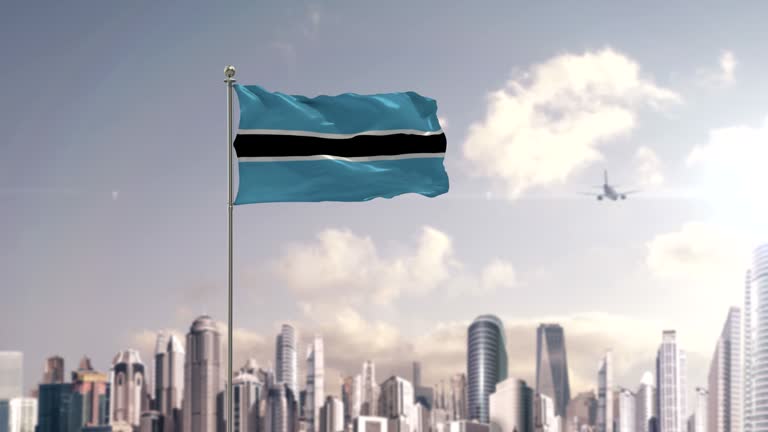
Flag With Airplane At Background And City -3D rendering
Gaborone-Botswana, nearly six decades after gaining independence in 1966, Botswana stands as one of Africa’s most striking success stories. Once among the poorest countries in the world, it rose swiftly to upper-middle-income status through disciplined governance and an economy powered by diamonds. Yet as global markets shift and domestic expectations grow, the country faces new challenges that test its economic frameworks, regional influence and social fabric.
An economic model built on minerals: at the heart of Botswana’s growth is its diamond industry, which transformed state revenues, lifted infrastructure development and allowed steady investment in education and health care. This model that is praised by economists as one of Africa’s most effective cases of resource management, gave the Republic of Botswana the stability its neighbors often lacked. But reliance on a single resource also exposes vulnerabilities. Global fluctuations in demand, the rise of synthetic diamonds and shifting consumer preferences threaten Botswana’s revenue base. Growth has slowed in recent years, underscoring the urgency of diversifying into tourism, services, agriculture, knowledge-based sectors, etc., to gain regional and global positioning.
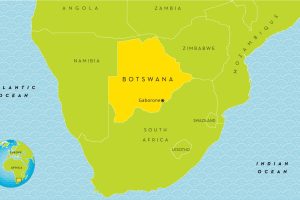
Geographically landlocked in southern part of Africa, Botswana’s fortunes are tied closely to regional dynamics. Its neighbors, South Africa, Namibia, Zambia and Zimbabwe, serve as both markets and conduits for trade. Political turbulence in Zimbabwe and economic shifts in South Africa affect supply chains and investors sentiment.
Regionally, Botswana has leveraged its political stability to present itself as a reliable partner within the Southern African Development Community (SADC). Internationally, its governance record has won recognition from institutions such as the World Bank and IMF, positioning it as a case study for balancing natural wealth with prudent policy.
From a social and cultural dimensions, the economic transitions reverberate deeply within families and communities. The Tswana majority, along with other groups, have benefited from expanded access to education and healthcare, yet young Batswana increasingly voice concerns over unemployment and inequality. Cultural traditions remain central as Setswana is spoken widely across the country; and national identity is closely tied to community values of solidarity, respect and resilience.
The Pula, Botswana’s currency is a symbol of national pride, which also reflects the social importance of stability. Inflationary pressures or currency volatility would affect households directly, from the price of food staples to school fees. These could partly be based on the systematization of the political landscape and dynamism of Botswana’s democratic legacy.

Botswana has long been celebrated for its uninterrupted record of democratic elections since independence, distinguishing it in a region often marred by instability. The parliamentary republic structure, located in the capital Gaborone, has encouraged a culture of rule of law and consensus-driven policymaking.
Still, political indicators sound warnings that the pressure to deliver jobs and diversify the economy could reshape voters’ expectations. Future elections may see citizens prioritizing economic transformation as much as governance standards.
As of the dimension of families, youth and humanity: beneath the macroeconomic outlook lies the daily reality for families. Youth unemployment is a pressing concern, with many graduates unable to transition into stable work. Families dependent on mining wages worry about future downturns, while those in rural areas face uneven access to opportunities.
In athletics, the cultural pride stemming from Botswana’s global sporting achievements, which showcased in the most recent men’s 4x400m relay winning of gold medal at the World Athletics Championships, offers a symbolic counterpoint. A proof that perseverance, investment and talent can place Botswana on the world stage beyond minerals.
Business and tourism also ushers in a global shifts. Efforts are underway to brand Botswana as a hub for eco-tourism, drawing on natural assets like the Okavango Delta, the Kalahari Desert and Chobe National Park. Wildlife conservation and cultural heritage are become economic drivers. Though these sectors require balancing preservation with accessibility. Meanwhile, business opportunities extend transactional environments into technology, financial services, creatives, agro, etc. These sectors are less vulnerable to resource cycles.
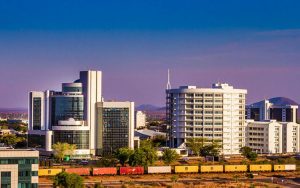
Botswana’s story is one of resilience, with a resounding future, prospects and investment opportunities, because its consistent calibration upholds the very frameworks that made it a model. Economists have green-lighted that diversification would catapult Botswana to reaching its ambition of high-income status. As this is a wakeup call to global investment players.
Socially, families and communities must navigate a changing cultural and economic landscape where old certainties tied to diamond wealth no longer would be the only guarantee stream of prosperity for Botswana.
As Botswana positions itself within both regional and global arenas, its experience offers a broader lesson: natural resources can build foundations, but sustaining progress requires adaptability, inclusion and vision.


